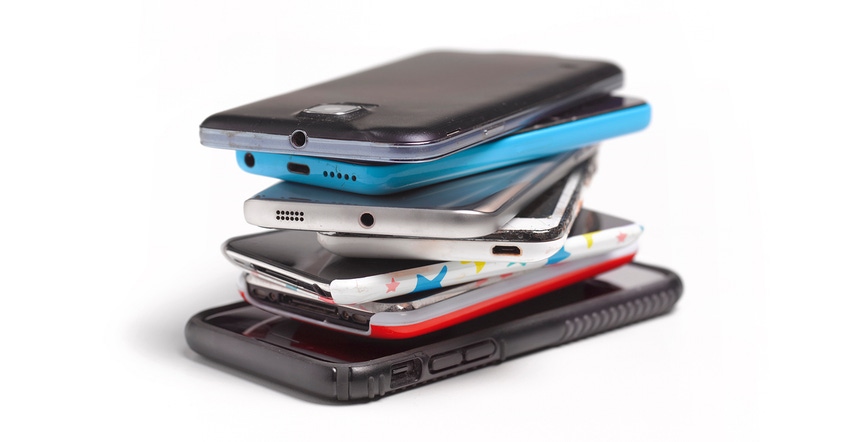Do New EU Regulations Doom iPhone’s Cheapest Rivals?
Requirements for easily replaceable and traceable batteries could spell the end of the 'burner' smartphone.

The European Council’s recently adopted regulations have requirements that might seem daunting to all smartphone manufacturers, including iPhone maker, Apple: The most notable change is that by 2027 smartphones and tablets will be required to have batteries that are “removable and replaceable by the end-user, leaving sufficient time for operators to adapt the design of their products to this requirement.”
Other new requirements are meant to enable the traceability of the materials in the batteries, using the Battery Passport concept: By creating a digital twin of a physical battery, the Battery Passport will encompass a wide range of sustainability and lifecycle criteria. The solution achieves this by gathering, exchanging, consolidating, and reporting reliable data among all stakeholders involved in the lifecycle. This includes information about the origin of materials, the chemical composition of the battery, its manufacturing history, and its overall sustainability performance.
Apple more ready than many smartphone makers
One would think that the new requirements are equally onerous to the minds of all smartphone manufacturers. Not so. While Apple will need to do some reengineering in order to make the iPhone’s battery easy to snap in and out of the phone’s casing—something currently notoriously hard to do—the company is well-situated to face the traceability requirements.
Apple is already actively engaged in auditing conflict minerals employed in its devices and has demonstrated a strong dedication to device recycling. Furthermore, the company envisions the establishment of a circular manufacturing economy, a goal that aligns with those European Union aspirations. As vocal academic, public, and governmental concerns about the environmental and geopolitical issues tied to battery materials have increased, Apple has clearly been paying attention. The company may grumble about a removable battery possibly hurting the sleek lines of the iPhone—but it will be fine.
Wither the cheapie smartphone?
But that is very much not the case for the iPhone’s lowest-priced competition, pointed out Jonny Evans, Computerworld’s “Apple Holic” columnist, who baldly stated in a July 14 column that “The age of cheap smartphones is over.” He noted that numerous affordable smartphones available in the market lack efficient recycling programs, and their components may occasionally include minerals obtained from conflict-ridden regions. This is the reason for their low price, as well as the shorter lifespan of their inferior-quality batteries compared to iPhones.
“To some extent, the new regulations cast the death knell for cheaply made, shoddy electronic devices containing second-rate batteries, and should go some way toward reducing the amount of electronic waste chucked into landfills when these devices break in a matter of months,” Evans wrote.
It remains to be seen how many low-budget smartphone makers will even try to update their practices in order to meet the new European requirements—and how many will simply shrug and focus on other regional markets.
Still, it’s an interesting situation. The “burner” smartphone has been a minor costar in hundreds of movies and television shows: How many times, in spy or caper shows have we seen the hero or heroine, chased by law-enforcement and/or shady corporations, ditch their expensive phones and pick up a cheapie in order to be unidentified on cell and Internet networks? The day may come when Tom Cruise or Angelina Jolie or Brad Pitt, undercover and at the register with a “cheapie” smartphone, get knocked down not by the villains but by the price of the phone.
About the Author(s)
You May Also Like





